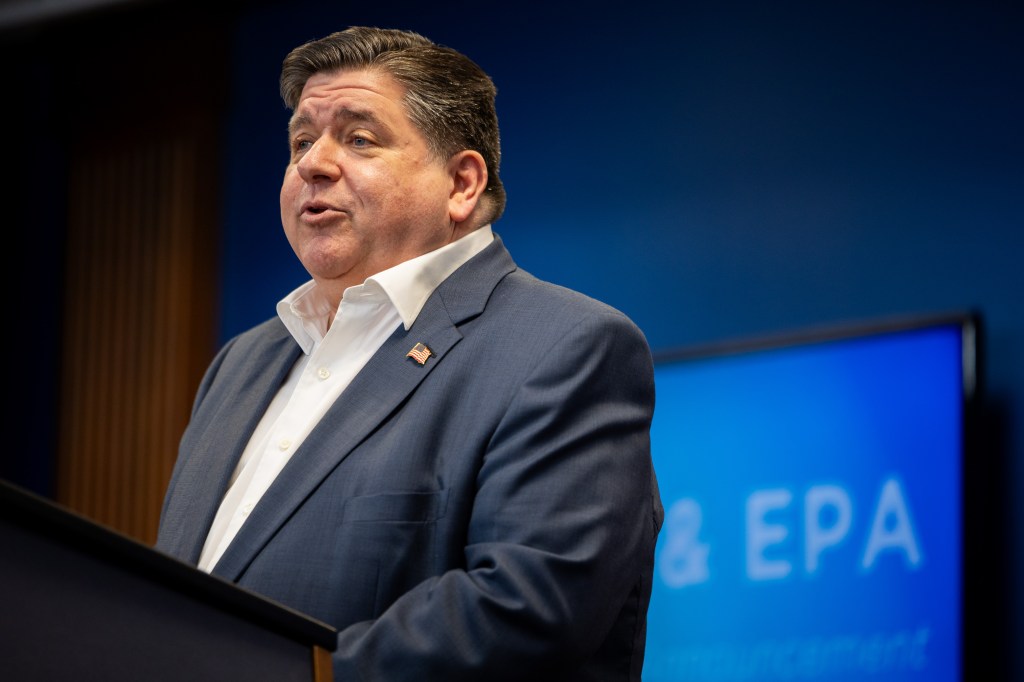Key Takeaways
- The Climate and Equitable Jobs Act (CEJA) has not delivered on promises to reduce reliance on fossil fuels in Illinois.
- State Rep. Jay Hoffman introduced HB4116, a substantial energy bill that requires taxpayer funding for renewable energy initiatives.
- Experts warn that shutting down coal and natural gas plants without adequate alternatives could jeopardize the state’s energy stability.
Illinois Energy Policy under Scrutiny
In 2021, Illinois Governor JB Pritzker and the Democratic majority enacted the Climate and Equitable Jobs Act (CEJA), which promised to transition the state away from coal and natural gas while relying on renewable energy sources. Critics of the act, labeled alarmists, now appear to have been justified in their concerns. A recent editorial highlighted that just three years later, the state’s ambitious plans have faltered.
In response to increasing challenges, State Rep. Jay Hoffman has proposed HB4116, a comprehensive 822-page energy bill aiming to mandate taxpayer funding for various initiatives, including solar energy installations and electric vehicle infrastructure. Despite calls from Republican members of the Illinois House for bipartisan discussions on energy policy, Democrats largely resisted these invitations until an August hearing, focusing instead on their agenda which responds to industry dissatisfaction regarding subsidies for solar and wind projects.
Experts, including Mark Denzler, president of the Illinois Manufacturers’ Association, have urged for a delay in coal and natural gas plant shutdowns permitted under CEJA, citing inadequate energy supply. Additionally, resident and author Steve Goreham noted a trend of other states restarting nuclear plants and investing in new fossil fuel facilities due to evolving energy demands—highlighting Illinois’ dependency on imported power, much of which is generated from coal and natural gas.
The potential implications of HB4116 raise concerns about the feasibility of its proposals and the economic burden on residents. State Rep. Brad Halbrook has criticized the proposed legislation, warning that it embeds reckless energy mandates that could drive residents from Illinois and destabilize the power grid.
The article also touches on broader environmental issues, such as the urgent need to protect Illinois wetlands, which have been proposed for further jeopardization due to recent federal court decisions diminishing protections. With severe flooding incidents marking the state’s climate challenges, the call for immediate legislative action to safeguard these vital ecosystems is paramount.
Overall, the current trajectory of Illinois’ energy and environmental policies reflects an ongoing tension between ambitious green initiatives and the practical needs of the state’s energy infrastructure and natural resources. Stakeholders stress the necessity for balanced approaches that account for the long-term sustainability of both the economy and the environment while navigating the complexities of energy independence and climate change.
The content above is a summary. For more details, see the source article.















